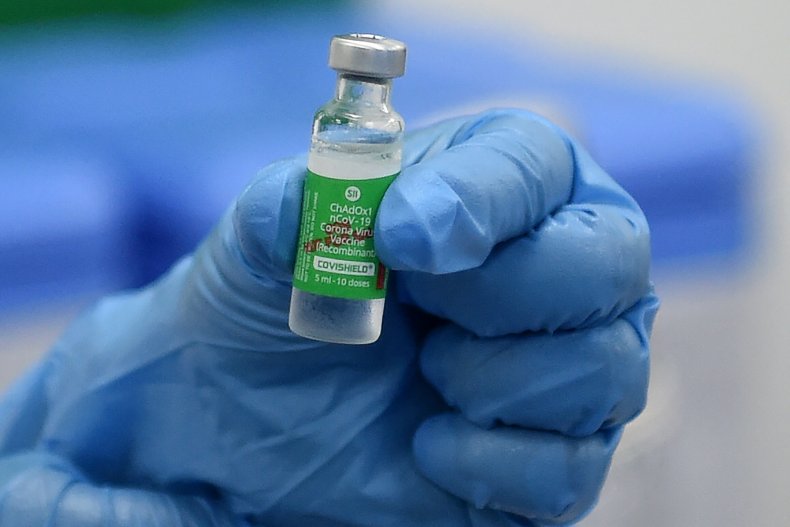The European Medicines Agency (EMA) announced on Wednesday that the AstraZeneca vaccine is safe for everyone across Europe to use.
“According to the current scientific knowledge, there is no evidence that would support restricting the use of this vaccine in any population,” EMA Executive Director Emer Cooke told reporters, according to the Associated Press.
In a statement issued on Wednesday, the EMA further reiterated the safety of the AstraZeneca vaccine amid reports of the vaccine causing blood clots in some patients.
“At present the review has not identified any specific risk factors, such as age, gender or a previous medical history of clotting disorders, for these very rare events. A causal link with the vaccine is not proven, but is possible and further analysis is continuing,” the EMA wrote in its statement.
Several European countries previously suspended the use of the AstraZeneca vaccine in response to the reported blood clots, but many have resumed using it after the EMA announced on March 18 that it is a “a safe and effective vaccine.”
The announcement by the EMA comes shortly after a German independent vaccine expert panel reported that due to the reports of blood clots, the AstraZeneca vaccine should not be used in patients under the age of 60.
Punit PARANJPE/Getty
For more reporting from the Associated Press, see below.
The German government followed the recommendation and said the British-Swedish company’s vaccine would be prioritized for people age 60 and older, although exceptions can be made in consultation with doctors.
The move put the spotlight back on the European Medicines Agency, which authorized the AstraZeneca vaccine in January and said earlier this month – after some European countries suspended its use over blood clot fears – that the vaccine’s benefits outweigh the risks.
She said the agency’s assessment was based on 62 cases of unusual blood clots, including 14 deaths, worldwide reported to EMA by March 22. Those figures included a “significant” number of the cases reported from Germany, but not all, she said.
German regulators said they had received 31 reports of rare blood clots in the head in recipients of the AstraZeneca vaccine and nine deaths up to March 29, roughly doubling the number that had been reported in the country by March 22.
Cooke said the EMA will include the Germany cases in its review “and they will be they will form part of the ongoing evaluation that the committee is undertaking, as will any additional cases that are reported from other countries and regions.”
Based on the numbers reported to the agency so far, there have been 4.8 cases of the rare blood clots per million doses of the AstraZeneca vaccine administered, she said.
“For the BioNTech vaccine, based on the same criteria, it was 0.2 cases per million,” Cooke added, referring to the shot a German biotechnology company developed with U.S. pharmaceutical giant Pfizer. “And for the Moderna vaccine based on the same criteria, zero cases per million. But that probably reflects that there’s a lot less use of Moderna at the moment in Europe.”
She said the EMA’s experts so far had not determined any underlying risk factors for the blood clots or established a causal relationship to the AstraZeneca vaccine.
“The link is possible, and we cannot say any more than that at this point,” Cooke said.



















